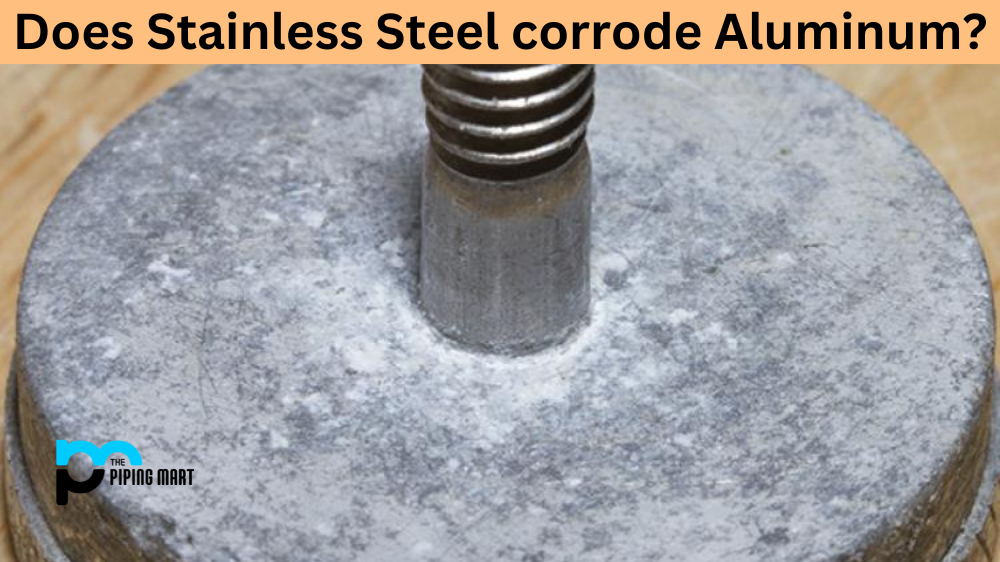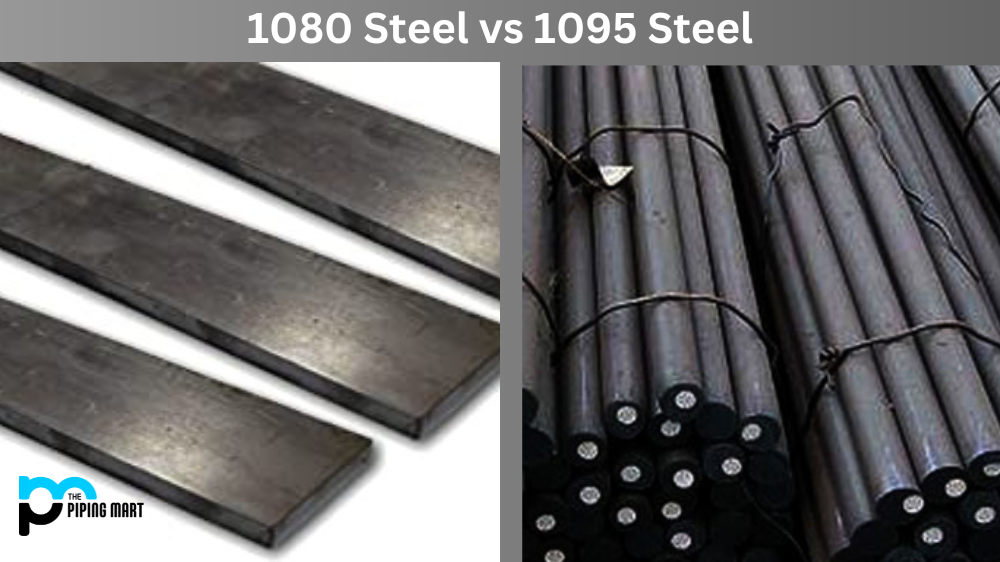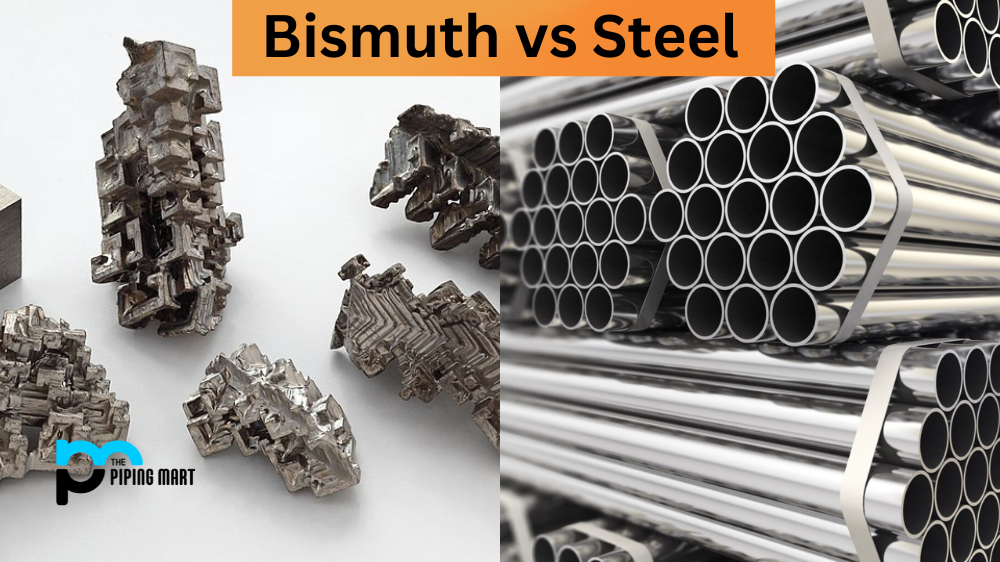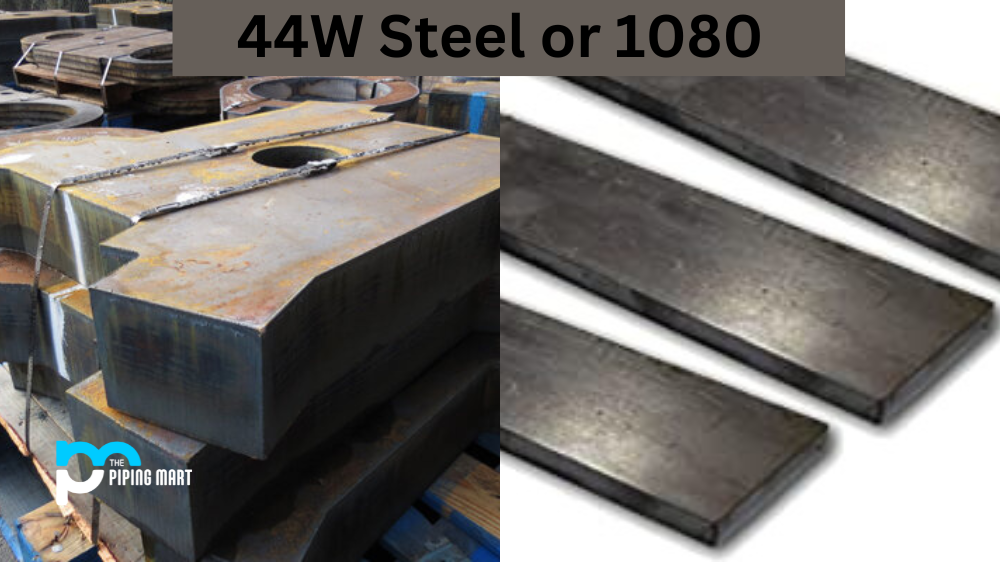When it comes to building and construction, stainless Steel and aluminium are two of the most popular materials. However, when these two materials meet, corrosion can occur. In this blog post, we’ll explore why stainless Steel and aluminium corrode each other and what measures can be taken to prevent corrosion from occurring.
The Science Behind Corrosion
When two metals come into contact with each other in an electrolyte solution—such as water or sweat—electrochemical reactions occur between them. One metal becomes anodic while the other becomes cathodic. The cathodic metal is protected while the anodic metal corrodes due to the current that is created between them. This is known as galvanic corrosion.
In the case of stainless Steel and aluminum, stainless Steel becomes anodic, which means that it will corrode more quickly when in contact with aluminium. This is because aluminium has a higher resistance to corrosion than stainless Steel does, so it acts as a protective barrier for itself but not for other metals around it.
Preventing Corrosion
Fortunately, there are some steps that can be taken to prevent this type of corrosion from occurring between stainless steel and aluminum components. One way is to use a separator sheet or tape between the two metals to create a physical barrier that prevents direct contact between them. Another option is to use a sacrificial material like zinc or magnesium, which will sacrifice itself in order to protect both metals from corrosion instead of just one being sacrificed, as in galvanic corrosion.
Conclusion:
Stainless Steel and aluminum are both incredibly versatile materials used in many different construction projects around the world. Unfortunately, when they come into contact with each other, they can cause galvanic corrosion if left unchecked. Fortunately, there are ways to prevent this type of corrosion, such as using separator sheets or tapes or sacrificial materials like zinc or magnesium between them, which will act as protective barriers for both metals against corrosive agents. By understanding how these two materials interact with each other and taking proper precautions against galvanic corrosion, you can ensure your project lasts for years without any issues from either material corroding away too quickly due to improper contact with one another.

Pipingmart is a B2B portal that specializes in metal, industrial and piping items. Additionally, we share the latest information and information about materials, products and various types of grades to assist businesses that are involved in this business.




